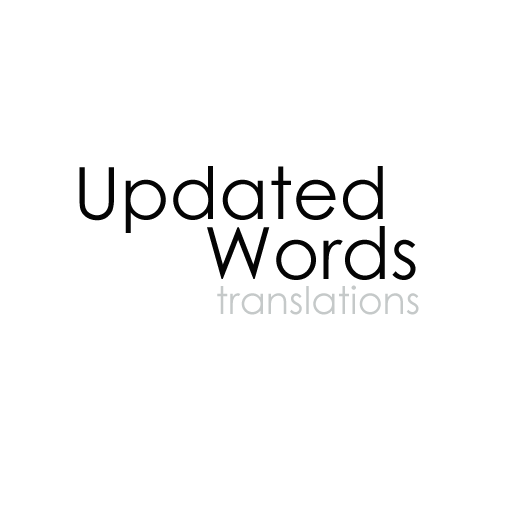Lodging an application can be hard and time-consuming at the best of times, but when you throw a foreign country in the mix things can get even worst. Imagine if you wanted to expand your business and move to a foreign country. You do your research; you know what you need and then you hit a brick wall. It happens to a lot of us and it can be really frustrating.
Sometimes, we can’t find information in our language, other times the information in our language is confusing and we are not sure of what we need. Some countries have long bureaucratic processes, and at times the person on the other side of the line is not very helpful. Even visiting a consulate may prove a bit hard in some cases.
When it comes to Portugal, I must say things have changed a lot in the last decade. Still not perfect, still lots of bureaucracy and paperwork, but once you know what you need and you got all the paperwork ready to go, it should save you a lot of heartache. But I believe that is the case in any other country.
Gathering information
I strongly believe that asking questions is important. Sometimes they may not provide very clear information and if you ask questions, you may have a better chance to get an idea of all documents you need in one go. One of the biggest complaints I get from my clients when dealing with the Portuguese authorities is that they never ask for everything at once and they force you to go back two or three times until you provide all documentation required. I’ve heard it happens with other countries as well. I always tell my clients to ask as many questions as they can, keep the name of the person they have spoken to if possible and document every visit, so they know what has been said and what they were required to provide.
Prepare an application
After having all the information about the documents needed for the application, it is time to get them all ready to go. All original documents that are in a foreign language need to be translated. There are very important rules that apply regarding the way these translations must be done, before choosing a translation service we should always know what those rules are for the country we are dealing with. For Portugal, all translated documents must be certified. But unlike in Australia, a translator won’t provide you with the final product. You must hire a professional translator and then have the document certified by a notary, consulate, or another authorised body. For applicants in Australia, the document must be translated by a NAATI Certified Translator and then officially recognised by the Portuguese Consulate.
Once all relevant documents are translated, the application is ready to be submitted. In Australia, applications should be submitted with the Portuguese Consulate. The applicant will need to book an appointment to submit their application. And the job is finally done.

